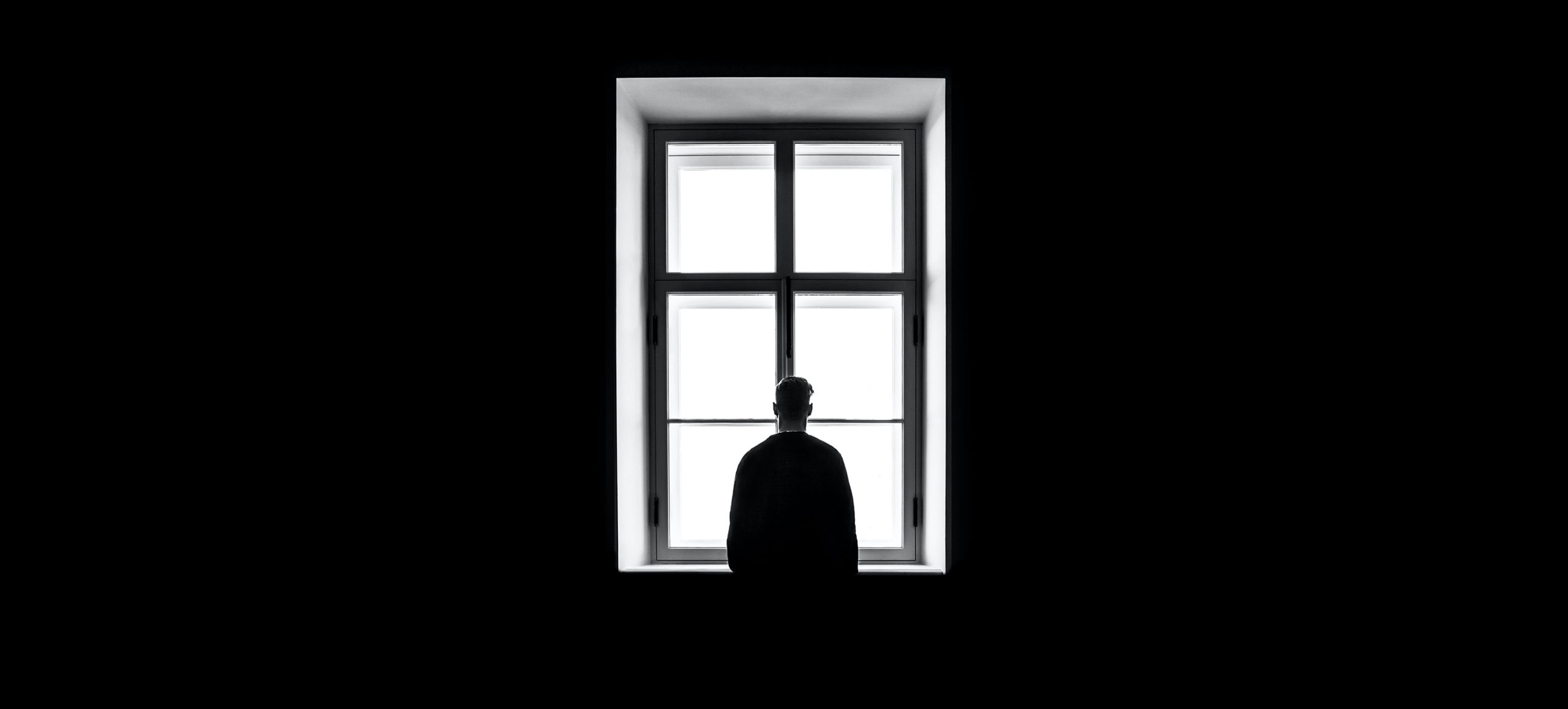
Controlling types are common in our society. They’re also a dynamic type as behaviors can range from harmless nitpicking perfectionists to narcissistic know-it-alls to domineering bullies to outright abusers.
With toxic men and women becoming an everyday topic in our culture, there are many controlling types that fall into this category and it is important that we do our best to spot them, understand the causes and learn how we can protect ourselves from any potential issues.
Because of the wide range of severity between controlling types, the cause for such behavior can range in depth as well, but there are some general roots.
THERE IS OFTEN A ROOT OF ANXIETY, DISTRUST AND FEAR OF LOSING
Losing can refer to an opportunity, a career advancement, or a relationship, among various other things.
In the controller’s mind, they can’t afford to allow anyone else to lead the way because that person could very well mess it up and fail completely. This is where the constant control and related behavior tends to stem from in many cases. Controlling types are rarely good team players as they have deep trust issues.
This is where much of the domineering type of controller comes into play. The cliche “mean boss” personality who uses their proclaimed authority to intimidate and control by fear. This can also be seen in unhealthy relationships where one of the partners is domineering and controlling. From the outside, it is clear that this is the behavior of a weak person. A person with low self-esteem, and with little trust in themselves or their abilities so they put the other person down to compensate for their lack of self-value and confidence. It can be someone who sees other people as a threat and is in constant competition with themself and others. Trying to convince themself that they are the dominant one in the room. This person is acting out of fear, insecurity, and often envy.
WHAT CAN YOU DO IF YOU’RE AT THE RECEIVING END OF THIS TYPE OF BEHAVIOR?
As one fundamental rule of life goes, we attract what we are. And this isn’t always directly clear, conscious or literal. But it is an absolute rule of life. And it usually means we’ve got work to do. When you look at your life and see certain negative patterns, it is your inner wisdom telling you that you’ve got to confront the situation and solve it so as to not continue repeating it.
For you, even if you don’t have a domineering bone in your body or any obsessions with control, it can very well mean you’re on the other side of this type of relationship which is something you need to be mindful of and start working through as soon as possible to avoid letting it continue.
If you have a toxic person in your life and you let them treat you as such, it can be assumed that you have invited that behavior into your life one way or another. This could mean you have an issue with standing up for yourself, for not speaking up when you see something wrong, or not leaving a situation when it has become detrimental to you.
At its core, this purely stems from low self-esteem. To free yourself of the situation, you need to strengthen yourself with real courage and confidence to do so. Directly confronting the situation and speaking up for yourself is taking back the power the other person seems to have over you.
This is challenging and can be extremely uncomfortable but it’s mandatory in drawing the line between yourself and the situation. SET BOUNDARIES.
The first and most important step is to take a deep look inward and ask – am I truly valuing myself? Am I living as my best self right now? Does this person really respect me?
If the answer is no or if there is any uncertainty around these questions, you need to urgently check yourself and understand that, though you may be hurting or confused, there is a way out. And the sooner you confront it, the sooner you’ll be free.
Your self-esteem is your empowerment. This is the grounding of your confidence and will enable you to power through this situation and take control over your life.
Our mission and our work at FEEL DIFFERENT is to help you regain your confidence and reclaim your life. To live as your best, truest self. To ignite your passion, live with purpose and become one with your individual power.
To learn more, visit our programs page and fill out a quick assessment to explore which of our programs will be best for you
Respectfully,
Orlando Owen








